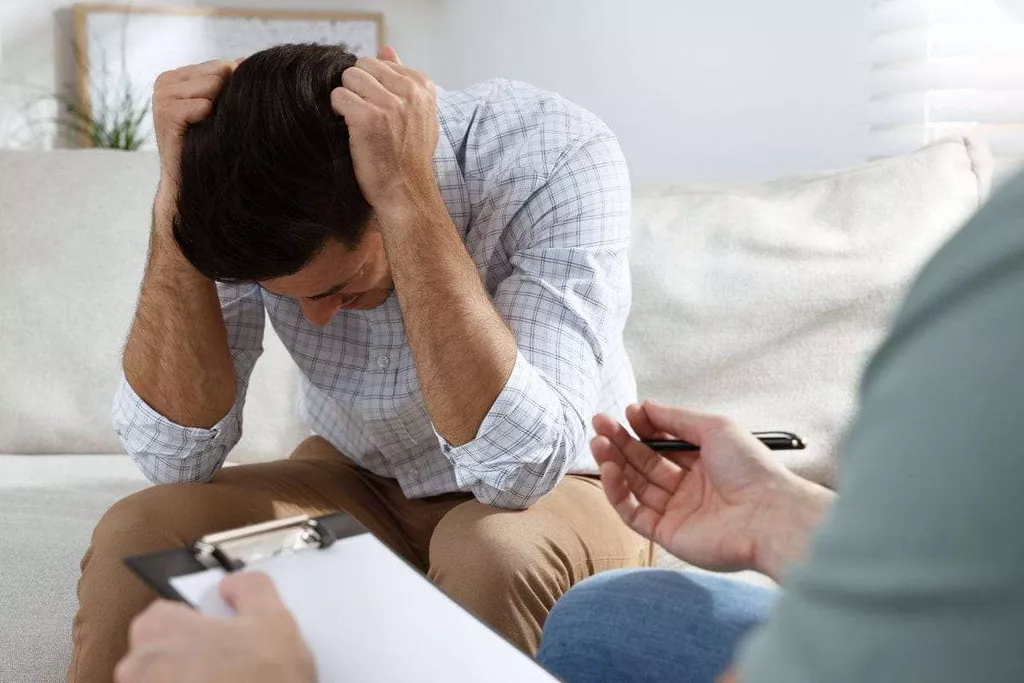
If you’re consuming more alcohol during the holiday season, you’re not alone. Social drinking is just part of the holiday package — and homemade cocktails, wine, and champagne all deserve a spot in your celebrations. Now, when alcohol enters the picture, it’s like a mischievous student who distracts the janitors from their duties. The janitors become less efficient at reabsorbing water, causing it to be wasted and flushed away. The mischievous student also encourages the janitors to produce more urine, leading to frequent trips to the bathroom.

Myths and Facts Everyone Should Know About Drinking Water
- When she is not writing, researching, or editing, she hosts a comedy podcast on neuroscience.
- Dehydration, toxic chemicals, fluid and electrolyte imbalances, and more can all contribute to the development of a hangover.
- Under normal conditions, the kidneys require solute to excrete free water.
- And when ADH release is suppressed, your body’s natural mechanism for holding onto fluid ceases to function.
- Sodium is an electrolyte mineral found in many foods, and most people obtain adequate amounts from table salt.
Lynn Grieger is a registered dietitian-nutritionist, certified diabetes care and education specialist, certified personal trainer, and certified health and wellness coach. She completed requirements to become a registered dietitian at Valparaiso University in 1987 and completed a dietetic internship at Ingalls Memorial Hospital in Harvey, Illinois, in 1988. Lynn brings her expertise in nutrition, exercise, and behavior change to her work in helping people reach their individual health and fitness goals.
- However, drinking wine in excess can lead to dehydration because of the alcohol and the sugar content.
- Many hangover symptoms arise due to detoxification, the physical process of ridding the body of toxic chemicals caused by alcohol consumption.
- When it comes to fluid balance in the body, alcohol can have a significant impact.
- Any foods or fluids you consume before drinking alcohol help to dilute it, so when you drink alcohol on an empty stomach, alcohol’s effects are more potent.
- Aldosterone acts on the kidneys, promoting the reabsorption of sodium and water.
Hydrate During the Day
Too much sodium increases fluid loss as your body tries to flush it out. When you pair this with alcohol, the dehydration compounds further. After eating something salty, chase it with some ice tea, lemonade, or even plain water, rather than alcohol. Electrolytes are minerals in the body that help regulate fluid balance. Alcohol can disrupt electrolyte balance, which can contribute to dehydration.
What Is HRV and Why Does It Matter for Sleep?

They have the important task of filtering out waste and ensuring that the right amount of water is kept in the body. When it comes to fluid balance in the body, alcohol can have a significant impact. Let’s explore how alcohol affects the depletion of electrolytes, disrupts the body’s water regulation, and impacts cellular water balance. This can prematurely age you as you gain more lines and wrinkles on your face. One study with over 3200 participants found excessive alcohol consumption is linked to accelerated facial aging. The effects here include increased facial lines, eye puffiness, loss of facial volume, and broken blood vessels.
How to Manage Alcohol-Induced Anxiety
When alcohol reaches the pituitary gland, it blocks the creation of vasopressin, which is known as the antidiuretic hormone or the hormone that helps us retain fluid in our body. Blocking this antidiuretic hormone causes fluids to pass directly through the kidneys to our bladder, which is why we have to pee way more while drinking alcohol. A lower-alcohol does alcohol dehydrate you beer, if you don’t drink too many, will be less dehydrating than wine or hard liquor, since beer generally has a lower alcohol content. No matter what you choose to drink, drinking slowly and savoring your drink is a good way to moderate your total alcohol consumption and minimize alcohol’s dehydrating effects. In addition, increased urination can cause the loss of electrolytes, especially potassium and sodium, which are crucial for maintaining the body’s fluid balance. Yes, alcohol has a diuretic effect, which means that consuming alcohol increases urine production and leads to fluid loss and dehydration.
Does Alcohol Dehydrate You? Understanding The Health Risks

In severe cases of dehydration, drinking water alone may be insufficient. If you are dehydrated to the point that you are experiencing symptoms like weakness or loss what is Oxford House of consciousness, you may need intravenous (IV) fluids administered in a healthcare setting. You may experience increased urination, sweating, and other means of bodily waste disposal when you drink alcohol. However, when your body works to eliminate alcohol from your system through these processes, other crucial substances, like water and essential nutrients, are removed, too. You can experience water and nutrient depletion, leading to unwanted symptoms such as dehydration.
The key to making sure a night out doesn’t turn into a head-pounding hangover is to drink plenty of water throughout, Mieses Malchuk says. That will increase your ability to reabsorb water, and leave you more likely to wake up feeling sparkling and ready to face the day — or at least less inclined to put a pillow over your head. Some cocktails can take a toll on your hydration because of additional ingredients. So that espresso martini or Irish coffee might end up making you need the bathroom. „If you are looking to find a drink that is less dehydrating, try choosing ones that you would enjoy over a longer period of time,” Richardson says. Sipping on one whisky all evening will likely mean you ingest less alcohol overall than three or four standard glasses of wine.
